Why do diaphragm pumps fail?
Why do diaphragm pumps fail? Exploring the common issues and solutions!
Diaphragm pumps are widely used in various industries due to their versatility and efficiency. However, like any mechanical device, they are not exempt from failures. Understanding the reasons behind these failures is crucial for preventing downtime, reducing maintenance costs, and improving overall pump performance. In this article, we will delve into the common causes of diaphragm pump failures and explore potential solutions to address them.
1. Material compatibility:
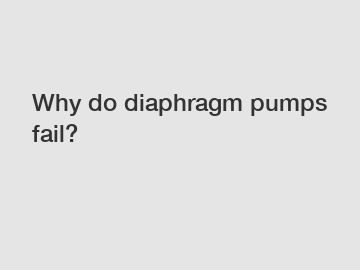
One of the primary reasons diaphragm pumps fail is the use of incompatible materials. Different fluids require specific materials for the diaphragm, valves, and other pump components. Failure to use the appropriate materials can lead to chemical degradation, swelling, or blistering, causing leakage or rupture. Ensuring proper material compatibility is paramount to prevent premature pump failure.
2. Excessive pressure:
Diaphragm pumps are designed to handle specific pressure ranges. Operating the pump beyond its recommended limits can lead to catastrophic failures. Overloading the pump can cause diaphragm rupture, valve damage, or motor overheating. Regularly monitoring and maintaining pressure within the manufacturer's specified limits is vital to prevent pump failure due to excessive pressure.
3. Improper installation:
Incorrect installation can lead to severe pump performance issues. Common installation mistakes include misalignment, improper pipework, lack of priming, or inadequate venting. These factors can cause cavitation, air locking, or excessive vibration, all leading to pump failure. Following proper installation procedures, including correct alignment, plumbing, and priming, is essential for optimum pump operation.
4. Lack of maintenance:
Recommended article:Energy
Are monocrystalline solar panels better?
What are the advantages of grid connected inverter?
What is the difference between LiFePO4 48V and 51.2 V?
Which 5kw 3 Phase Solar Inverter Maximizes Efficiency?
Ultimate Guide to Durable Grid Connected Inverters: Top Solutions for Reliable Energy Conversion!
What is the purpose of n2 and testing?
Like any mechanical device, regular maintenance is essential for diaphragm pumps. Neglecting maintenance tasks such as lubrication, cleaning, or replacing worn-out parts can cause a variety of issues. Accumulation of debris, sediment, or scale can affect valve operation, reduce diaphragm movement, or impair overall pump performance. A well-defined maintenance schedule including routine inspections, cleaning, and part replacements is crucial to prevent pump failures.
5. Contamination:
Contaminants in the pump system can also lead to failure. Particles or debris can clog valves, obstruct fluid flow, or damage the diaphragm. Contamination can be introduced during installation, fluid transfer, or due to system wear and tear. Proper filtering, regular inspections, and effective fluid handling practices are vital in preventing pump failure due to contamination.
6. Diaphragm fatigue:
Diaphragms are a critical component of diaphragm pumps, and they endure constant flexing during operation. Over time, diaphragms can develop fatigue and become more susceptible to failure. This is particularly true when pumps are frequently operated near their maximum capacity. Regularly inspecting diaphragms for signs of wear, tear, or cracking, and replacing them when necessary, can help prevent unexpected pump failures.
7. Inadequate suction or discharge conditions:
Diaphragm pumps rely on proper suction and discharge conditions to function efficiently. Insufficient suction pressure can cause cavitation, air leakage, or incomplete fluid transfer, while excessive discharge pressure can overload the pump. Ensuring that the pump is operating within the recommended suction and discharge conditions is essential for preventing pump failure and optimizing performance.
In conclusion, diaphragm pump failures can occur due to various reasons, including material compatibility, excessive pressure, improper installation, lack of maintenance, contamination, diaphragm fatigue, and inadequate suction or discharge conditions. Addressing these issues requires proactive measures such as using compatible materials, operating within designated pressure limits, following proper installation procedures, implementing regular maintenance practices, preventing contamination, monitoring diaphragm health, and optimizing suction and discharge conditions.
By understanding the common causes of diaphragm pump failures and implementing preventive measures, industries can minimize downtime, reduce maintenance costs, and enhance the longevity and reliability of their diaphragm pump systems. Taking proactive steps to address these issues will not only optimize pump performance but also ensure consistent and uninterrupted operations in various industrial applications. So, why do diaphragm pumps fail? Understanding the reasons is the key to preventing them!
For more information, please visit aodd pump manufacturers, piston pump for sale, 3 inch diaphragm pump for sale.
Additional reading:What is the purpose of n2 and testing?
Revolutionizing Renewable Energy: Are On-Grid Inverters the Key to Powering Our Future?
What are the advantages of using BIPV solar tiles in commercial buildings?
What Is Energy Storage System(ESS)?
Unveiling the Power of Sanitary Diaphragm Pumps: All Your FAQs Answered!
Can you connect two hybrid inverters together?
Power Up Your Energy Solutions with a 400Ah 12V LiFePO4 Battery
195
0
0
Related Articles
-
Can you get solar roof tiles in Australia?
Australia is renowned for its abundant sunshine and commitment to sustainable living.
158
0
0
-
170
0
0
-
Maximize Solar-Powered Remote Monitoring: Unleash Efficiency with 3-Phase Inverters
Maximize Solar-Powered Remote Monitoring: Unleash Efficiency with 3-Phase Inverters.
184
0
0
-
181
0
0
-
Revolutionizing Industrial Pumping: How do Air Diaphragm Pumps Outperform Traditional Alternatives?
Revolutionizing Industrial Pumping: How do Air Diaphragm Pumps Outperform Traditional Alternatives?
160
0
0
-
175
0
0
-
193
0
0
-
180
0
0



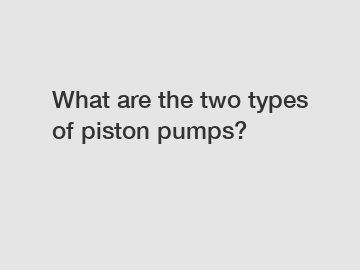
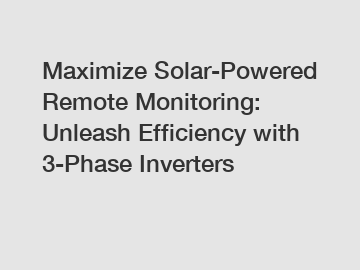
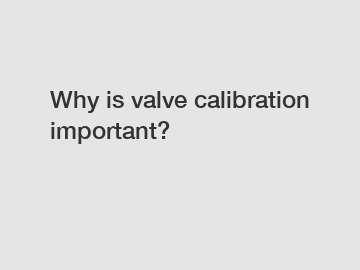
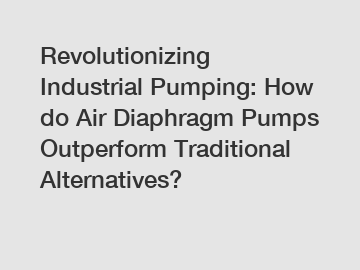



Comments
All Comments (0)